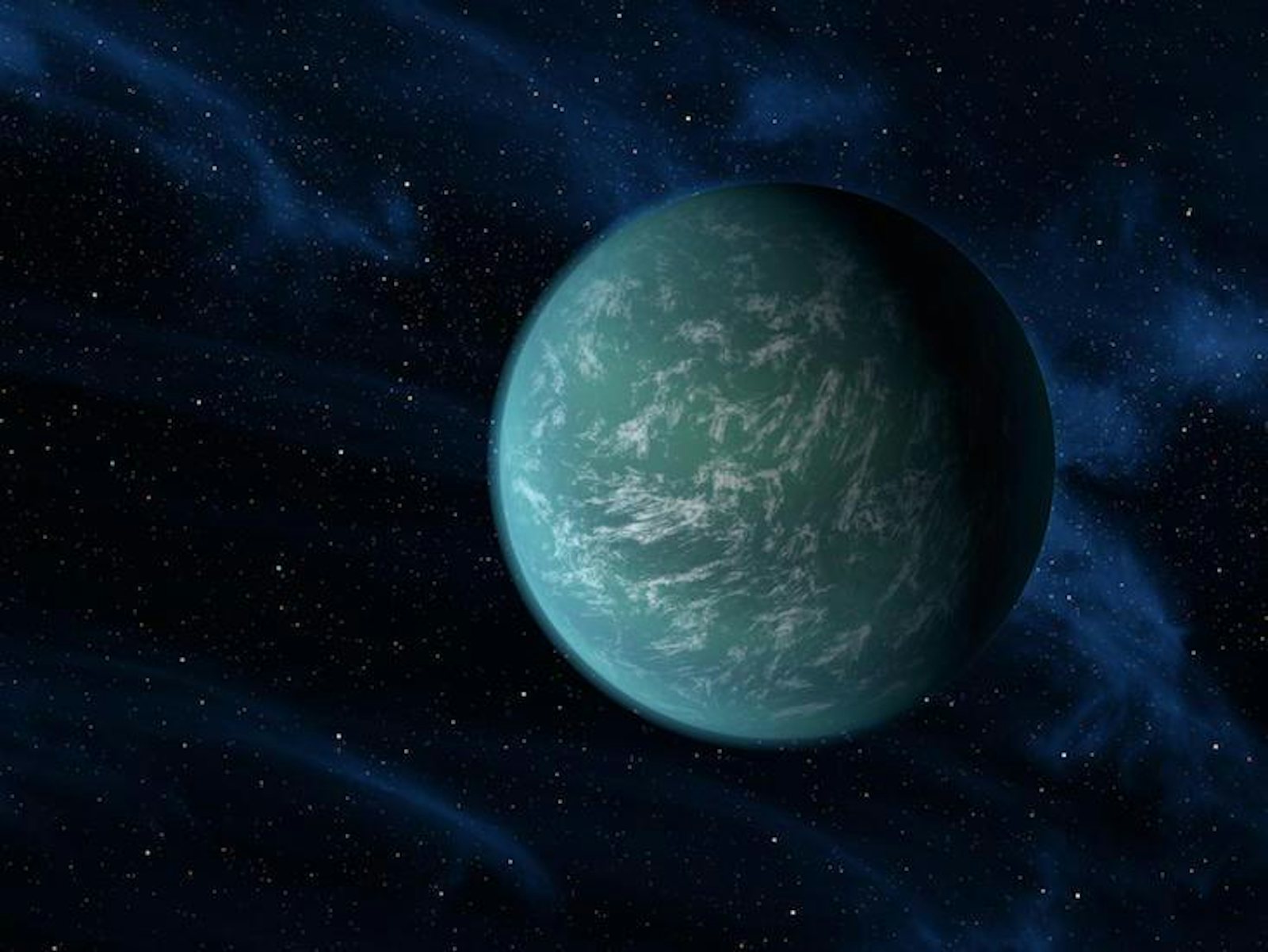Now that we’re nearly into the second week of our “Currents” issue, I thought it’d be fitting to recall our interview with Lisa Kaltenegger, an astronomer at Cornell University and the director of its Carl Sagan Institute. Before Christopher Nolan’s Interstellar came out, in 2014, Kaltenegger sat down with Nautilus to discuss her work, and she rhapsodized about the physics and waves of a water world like Miller’s planet—the first planet the Endurance crew, in the film, touch down on after traveling through a wormhole to another galaxy.
The ocean of a water world, she says, would give rise to a level of pressure, near the bottom, that would produce a layer of ice, even under relatively warm conditions. “So you go down, down, down, and there’s this ice layer before you’d get to the solid, rocky core that you usually see at the bottom of our ocean. And then if you come back up from your dive, the waves that you would see—again, pure speculation—would probably never break because there is no continent on such a world.”
That’s precisely the realization Joseph Cooper (Matthew McConaughey) has when Dr. Brand (Anne Hathaway) thinks their next move should be to head toward land, toward the mountains looming in the distance. “Those aren’t mountains,” Cooper says portentously, “They’re waves.”
Given Kaltenegger’s remarks about ocean depth and pressure, you may be wondering why the crew, in that scene, were walking around in knee-deep water. The answer is Gargantua, the black hole the planet revolves around. Miller’s planet presumably never got the chance to have its oceans build up an ice layer because of Gargantua’s, well, gargantuan, gravity: Like Earth’s moon affecting the tides, Gargantua moves the ocean on Miller’s planet but with much more force, never allowing the water to settle, build up pressure, and engender a thick ice layer on the ocean floor.
In any case, says Kaltenegger, a water world—with its waves roaming perpetually across the surface, never to break—“would be the ultimate surfing destination.” Watch Kaltenegger’s full interview with Nautilus below. She tells wonderful stories about a life spent searching for life among the stars.
Brian Gallagher is an assistant editor at Nautilus. Follow him on Twitter @bsgallagher.






























